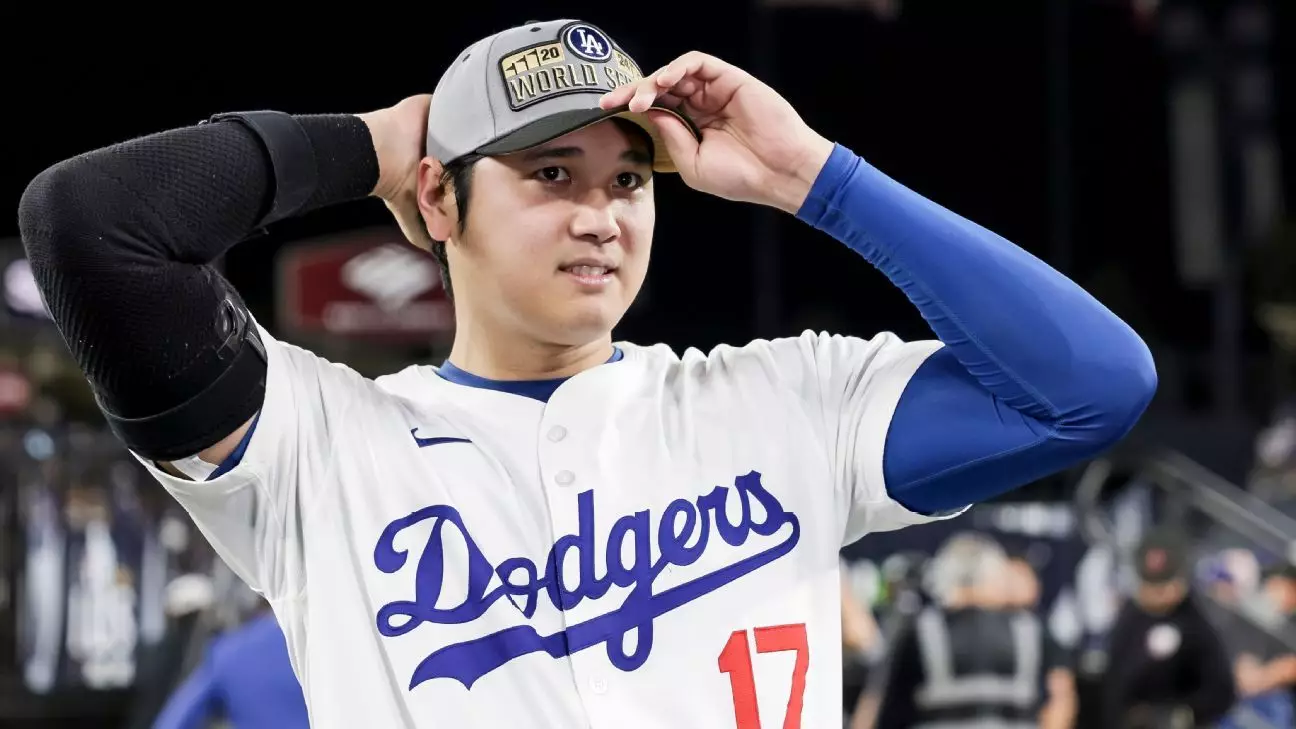Major League Baseball (MLB) holds a revered place in the hearts of sports enthusiasts, particularly through its recognition of its most outstanding players via the Most Valuable Player (MVP) Award. This prestigious accolade, awarded annually since 1931, encompasses both the American League (AL) and the National League (NL), and symbolizes the pinnacle of individual achievement within the league. But what is the story behind this coveted title, and how has it evolved over the decades?
The genesis of the MVP Award can be traced back to 1911 when it initially became known as the Chalmers Award. The early objective was to honor players deemed „most important and useful“ to their clubs and the league as a whole. However, this first iteration did not last long, as it was discontinued in 1914 amidst administrative restructuring within the league.
From 1922 to 1929, the League Award sought to recognize players for their „all-around service“ to their respective teams. This award distinguished itself from the MVP concept by disallowing previous winners from receiving the honor again during that same span, aiming to provide a greater opportunity for diverse talent recognition.
In essence, the MVP Award has undergone various reforms over the years, reflecting baseball’s evolving nature and broader shifts in how sports recognize exceptional individuals.
The Modern MVP: Voting Mechanics and Criteria
Since the establishing of the current format in 1931, the voting for the MVP award has been entrusted to the Baseball Writers‘ Association of America (BBWAA). At the conclusion of the regular season and just before the postseason kicks off, baseball writers cast their votes for the players they believe exemplified excellence throughout the year. The selection criteria often includes various statistical measures—ranging from batting averages and home runs to leadership qualities and contributions to team success.
Moreover, debates frequently arise among pundits and fans concerning the importance of traditional statistics versus advanced analytics. Players such as Shohei Ohtani of the Los Angeles Dodgers and Aaron Judge of the New York Yankees represent a new era of talent that challenges conventional criteria, showcasing a blend of pitching prowess and batting talent, or exceptional hitting that drives team success.
Recent Trends: The 2024 MVP Winners
As of 2024, the MVP titles were awarded to Aaron Judge for the AL and Shohei Ohtani for the NL. This highlights a pattern where certain players consistently appear in discussions for the award, underscoring their sustained impact on the game. Ohtani, recognized not only for his powerful hits but also for his remarkable pitching capabilities, has captured the attention of baseball aficionados and helped reshape the dialogue around what it means to be a „valuable“ player.
For context, Ohtani’s honor follows a series of recent MVP selections, including his own win in 2023, illustrating a growing trend of players amassing multiple MVP accolades. Judge, also an acclaimed player, maintains a reputation as a consistent threat in the league. As these individuals continue to perform at elite levels, their legacies undeniably grow within the storied history of MLB.
Examining the all-time MVP winners unveils a tapestry of baseball history. Legendary figures like Ted Williams, Mickey Mantle, and Hank Aaron loom large, serving as benchmarks against which current players are compared. The list is not only a testament to individual brilliance but also a reflection of baseball’s rich traditions and changing dynamics.
Fans often engage in spirited debates regarding who deserves to be immortalized alongside these titans of the sport. As new stars emerge and old legends retire, the question of what constitutes an MVP persists: Is it sheer statistical excellence, influence on the team, or an ineffable quality that inspires others?
The MVP Award in Major League Baseball is more than just an accolade; it is a symbol of excellence, resilience, and impact within the sport. As award criteria evolve in tandem with changing gameplay and analytics, the award’s significance will continue to be redefined. It serves as a constant reminder for players aspiring to greatness that every season presents a new opportunity to etch their names into the annals of baseball history. Whether through remarkable statistics or inspiring leadership, the pursuit of the MVP title remains a hallmark of a player’s legacy within the beloved game of baseball.


Napsat komentář